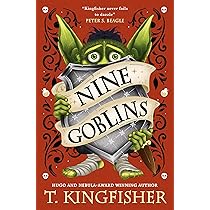Hello, dear readers! I don’t usually do excerpts of Middle Grade books here, so I have a delightful treat for you today with this magic-tinged adventure novel.
 The third book in Kimberly Behre Kenna’s Brave Girls series is titled Lola Gillette And The Summer Of Second Chances. Our title heroine is so desperate to complete a Perfect Pairs Collection that she resorts to stealing… and gets caught. Out of frustration, her parents decide to send her to live with her “quirky” Uncle Milo in his ramshackle mansion on the banks of the Connecticut River for a month.
The third book in Kimberly Behre Kenna’s Brave Girls series is titled Lola Gillette And The Summer Of Second Chances. Our title heroine is so desperate to complete a Perfect Pairs Collection that she resorts to stealing… and gets caught. Out of frustration, her parents decide to send her to live with her “quirky” Uncle Milo in his ramshackle mansion on the banks of the Connecticut River for a month.
Once there, she becomes even more obsessed with her collection, convinced that if she can acquire a Lucky Baker’s Dozen of pairs, she’ll generate enough magic to avoid going to a boarding school for bad girls like herself. But misadventures with a Zen Garden, a glitchy projector that spits out holographic messages from her dead aunt, a beached houseboat and a displaced wolf soon have her reconsidering her relationship with magic and luck.
As this MG novel was partially inspired by Connecticut actor and inventor William Gillette (who’s perhaps best known for his iconic role as Sherlock Holmes in the early 1900s,) part of the proceeds from the book’s sales will be donated to Gillette Castle State Park.
Read on to get acquainted with Lola, her parents and her uncle!









